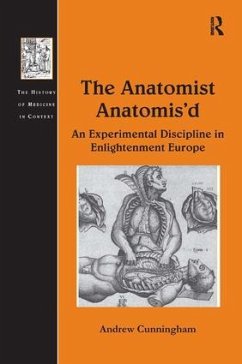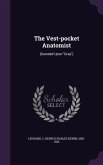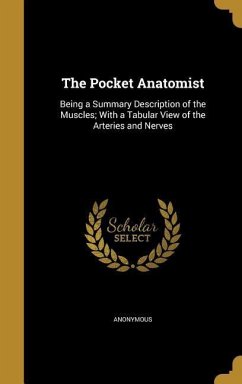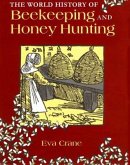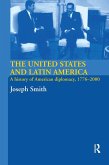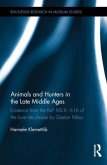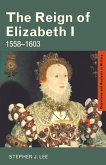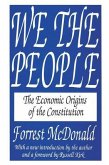The eighteenth-century practitioners of anatomy saw their own period as 'the perfection of anatomy'. This book looks at the investigation of anatomy in the 'long' eighteenth century in disciplinary terms. This means looking in a novel way not only at the practical aspects of anatomizing but also at questions of how one became an anatomist, where and how the discipline was practised, what the point was of its practice, what counted as sub-disciplines of anatomy, and the nature of arguments over anatomical facts and priority of discovery. In particular pathology, generation and birth, and comparative anatomy are shown to have been linked together as sub-disciplines of anatomy. At first sight anatomy seems the most long-lived and stable of medical disciplines, from Galen and Vesalius to the present. But Cunningham argues that anatomy was, like so many other areas of knowledge, changed irrevocably around the end of the eighteenth century, with the creation of new disciplines, new forms of knowledge and new ways of investigation. The 'long' eighteenth century, therefore, was not only the highpoint of anatomy but also the endpoint of old anatomy.
Hinweis: Dieser Artikel kann nur an eine deutsche Lieferadresse ausgeliefert werden.
Hinweis: Dieser Artikel kann nur an eine deutsche Lieferadresse ausgeliefert werden.

